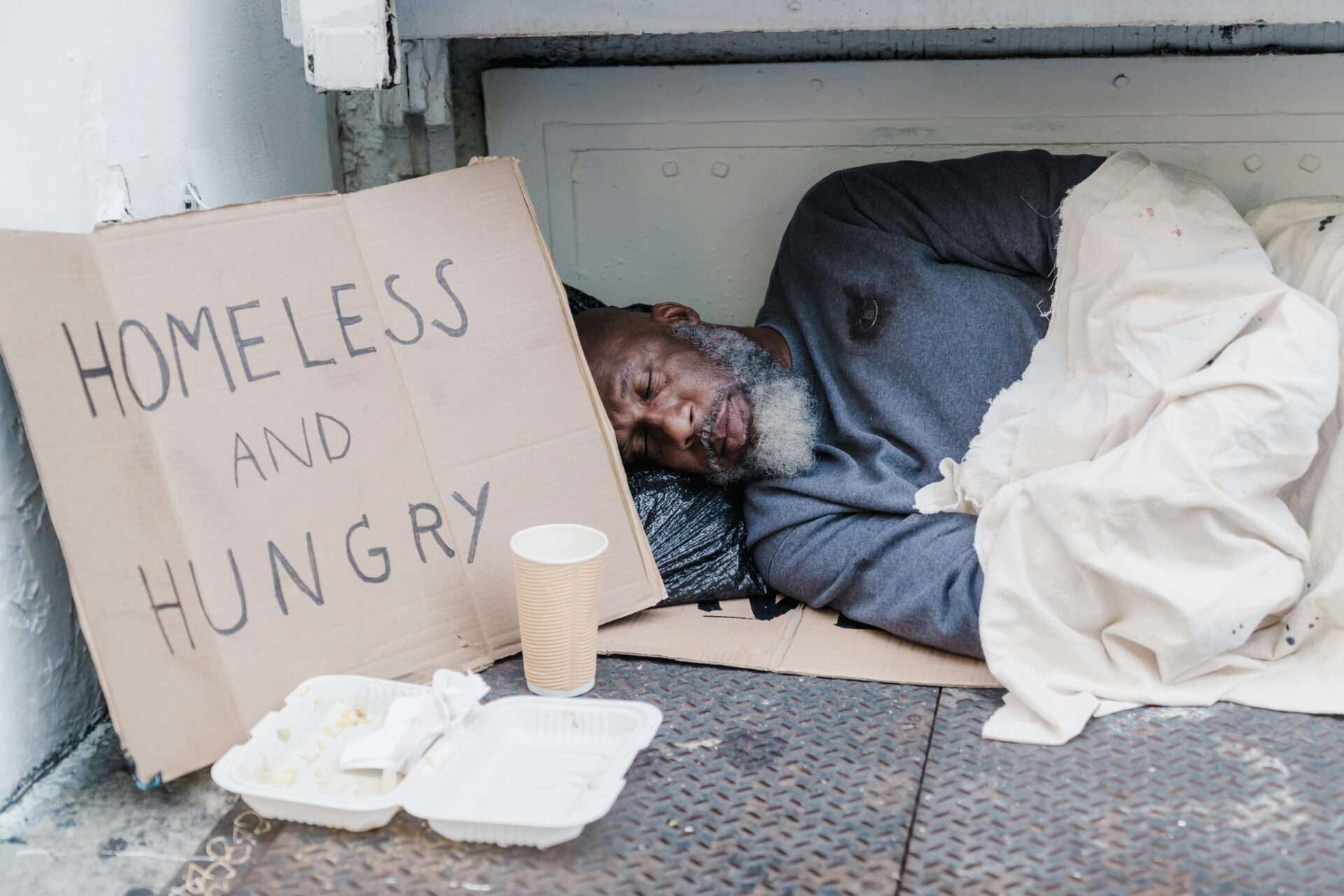
July 27, 2025
A three-year-long study in England found that a person’s ethnicity is the determining factor in whether or not a person will become homelessness.
A new study of homelessness in England, the first in over 20 years, has revealed that Black people in Great Britain, like their American counterparts, are also disproportionately affected by homelessness. Black Brits are four times as likely as whites to face homelessness and also face more disadvantages in their efforts to obtain housing.
According to The Guardian, the three-year-long study conducted by academics at Heriot-Watt University discovered that a person’s ethnicity is the determining factor in whether or not a person will become homelessness ahead of factors such as geography, poverty, or home ownership rates.
The report’s lead author, Prof. Suzanne Fitzpatrick, told the outlet that racism, both in the past and in the present-day, shapes how British people navigate the country’s society.
“There are long-term forms of structural disadvantage, rooted in historic racism, which are impacting on risks of homelessness. But the data indicates present-day discrimination is also playing a role. We heard reports of really overt racism from private landlords – refusing to house people because they’re black, particularly if they’re refugees, or imposing rules or restrictions on them that they don’t impose on other tenants,” Fitzpatrick told The Guardian.
Likewise, Mairi MacRae, the director of campaigns and policy at Shelter, a British charity, indicated in her comments that inequality “remains hardwired into our housing system.”
She continued, “The evidence is clear – devastatingly, Black people are more likely to become homeless and less likely to have a safe and secure home. Racial stereotyping, culturally insensitive communication and unjust treatment from housing officers, as well as excessive questioning around eligibility in the application process, leave Black people feeling unheard, neglected and dehumanized.”
According to the study, which analyzed 750,000 household outcome records from official homelessness data collected between 2019 and 2022, the researchers discovered that only 10% of Black families in the statutory homelessness system were able to get social housing, compared to 24% of white families.
In addition, the study pointed out that families with Black heads of households were also more likely to become stuck in temporary accommodation (TA) for longer periods of time than families headed by whites.
Nearly half (43%) of Black families were in the TA period for over two years, compared to 25% of white families. Furthermore, 18% of Black families had been in TA for over five years, but only eight percent of white families experienced the same.
These numbers provided some context for the experience of Black Brits like Uchenna Eneke, one of 16 people who peer reviewed the study. After her experiences trying to find stable housing, Eneke is now a volunteer at Shelter and advocates for people who are struggling to find housing.
As she told the outlet, “It makes you question everything – is it because I’m Black? Is it because I’m a woman? Is it because I’m a single mum? I was seeing people getting rehoused around me, and I came before them,” Eneke said. “Especially with a name like mine. Sometimes I had to change my name to an English name – I used to call myself Gillian – just to get through to speak to someone.”
She continued, “I tried asking for help but nothing happened. You just keep to yourself, keep your head down, don’t get your kids taken off you. I ended up having a bit of a nervous breakdown. We need the laws to change because people are going crazy. People are losing their lives, losing their families, losing their jobs. Imagine someone being homeless but still having a job at the same time. That’s not normal.”
RELATED CONTENT: Dawn Robinson’s Ex Offers Job After Singer Reveals She Is Unhoused


